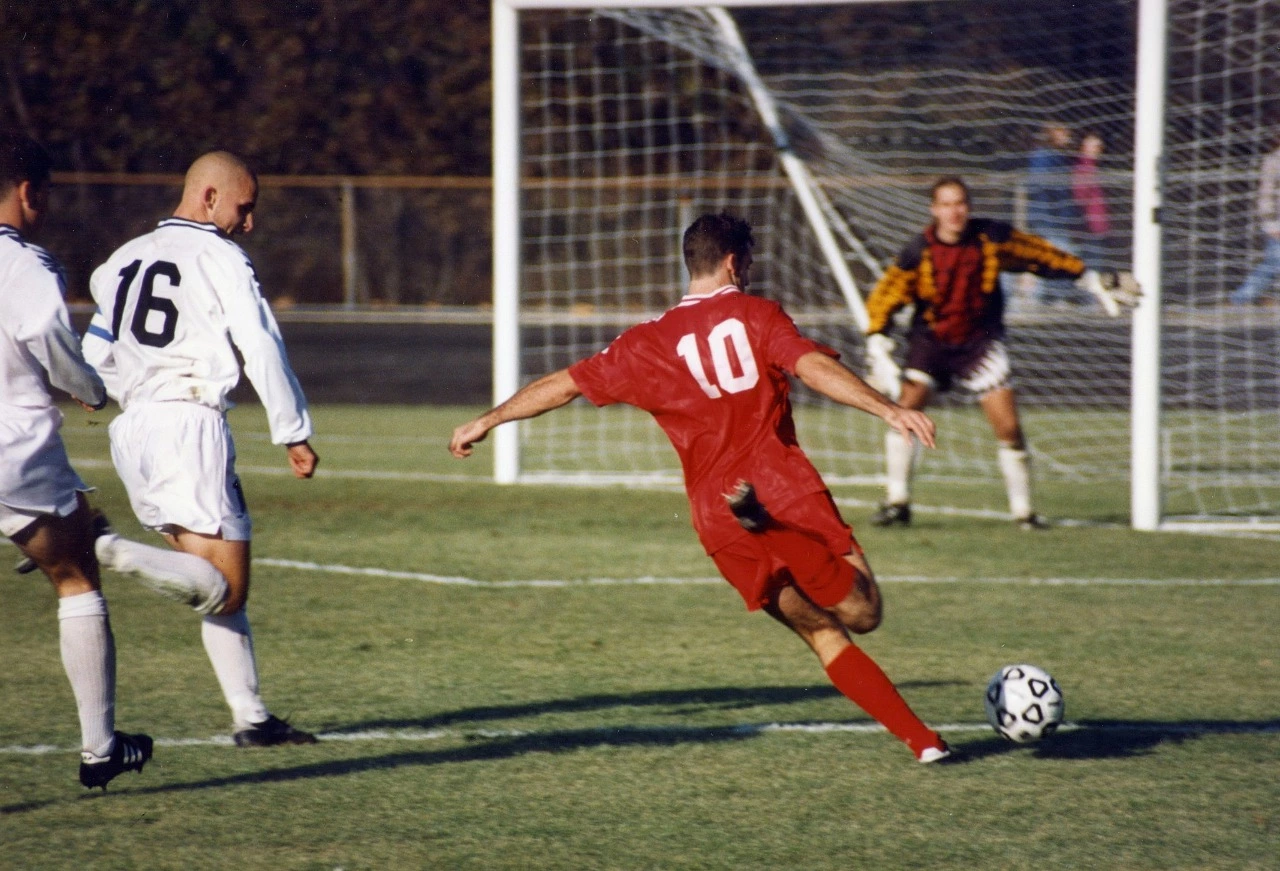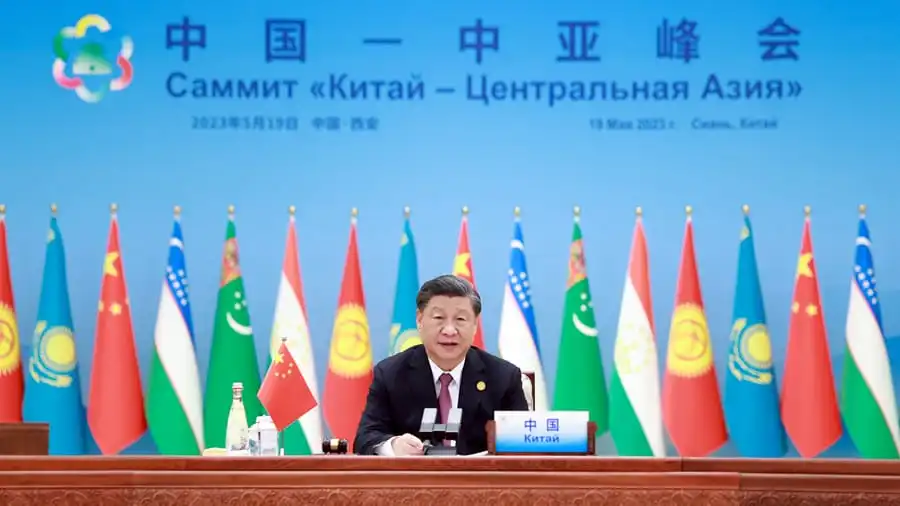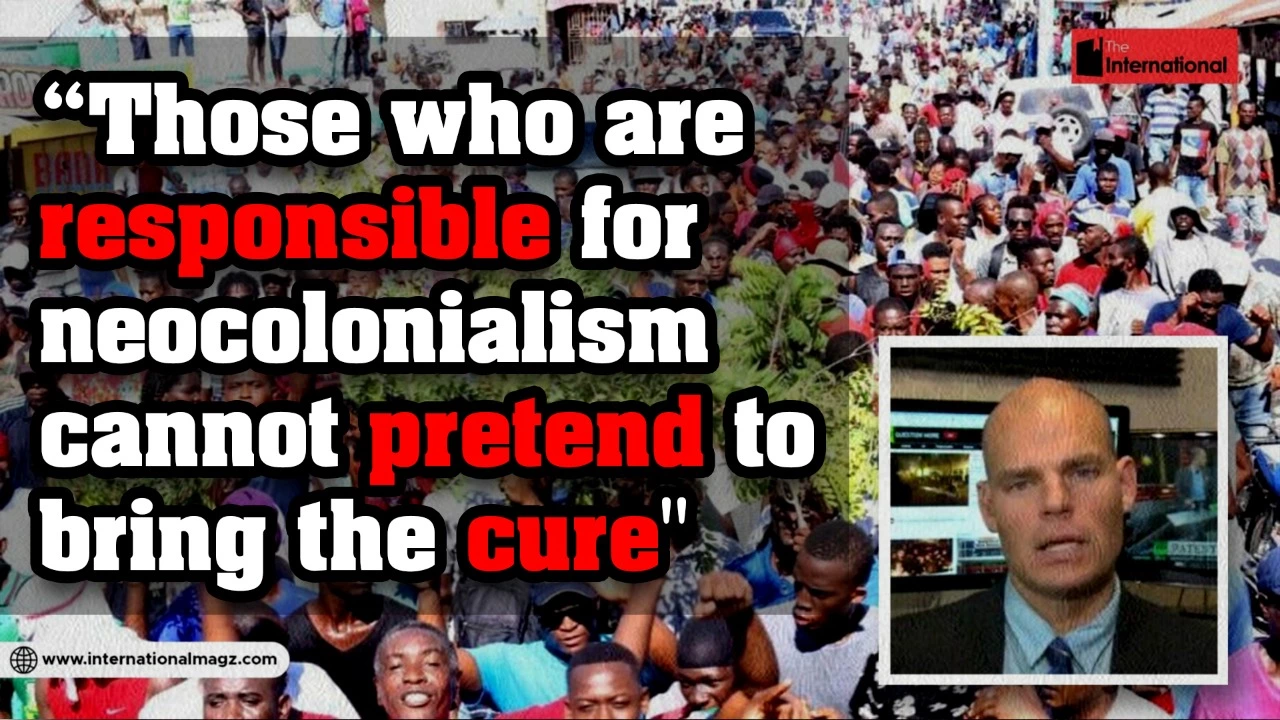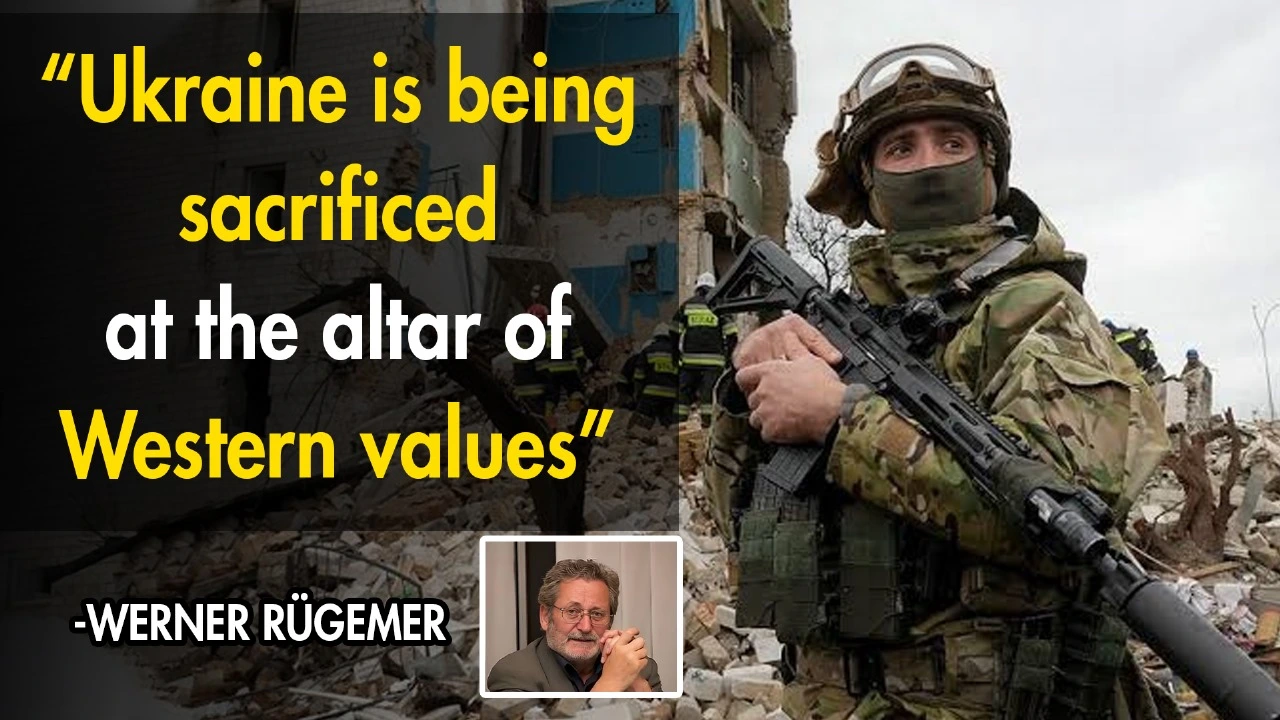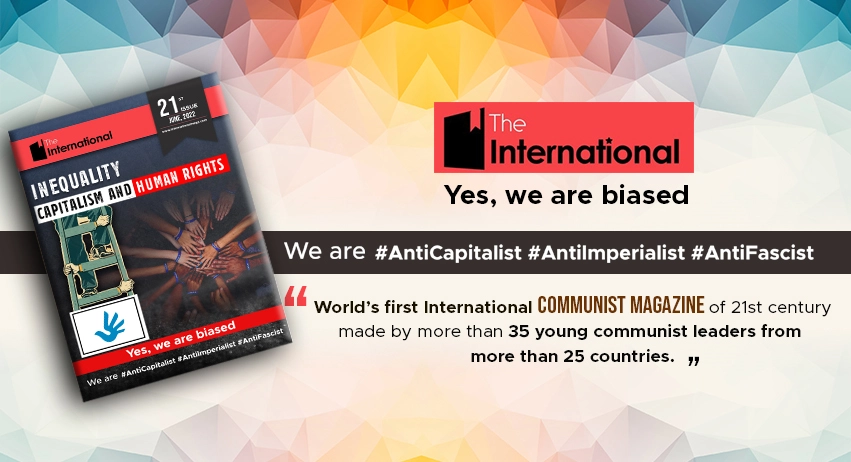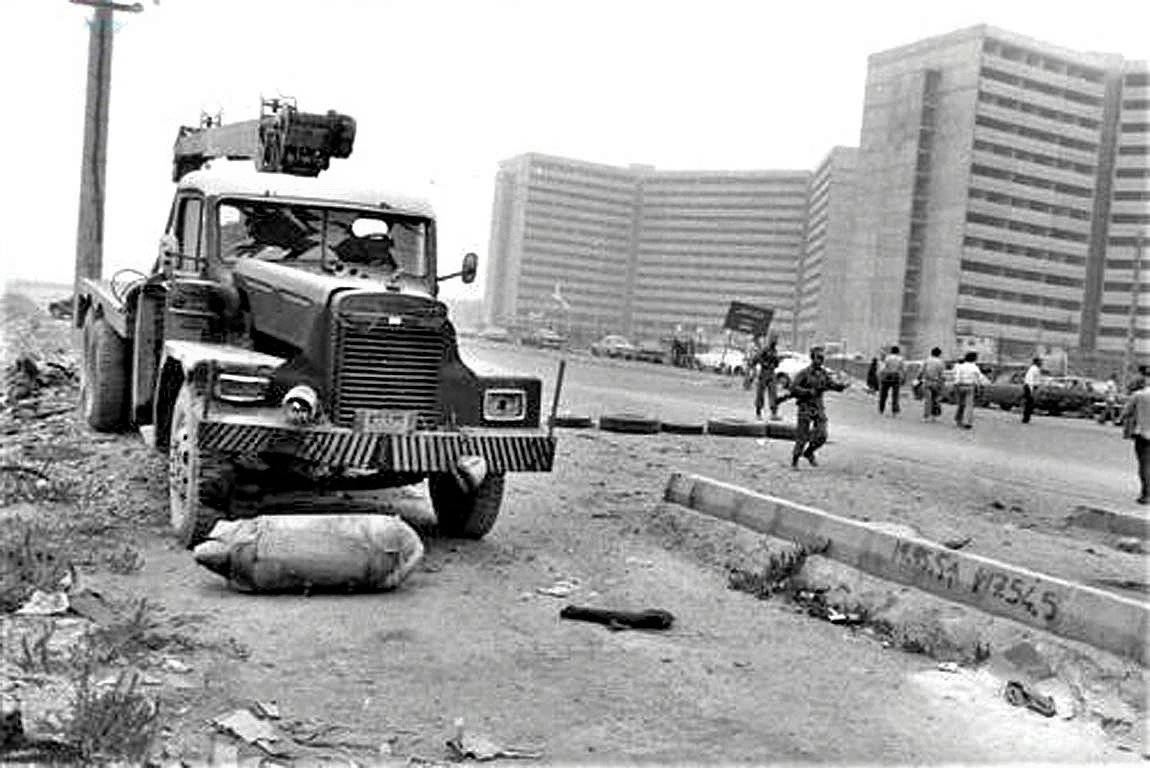I. Football As A Way of life And As Political Act
Football is a political act of war by another means. Despite the complexities of a sport that is simple in nature, there is the spectacle of the game itself which is vital to the aspirations of the working class. From its beginnings in ancient China to the villages of England (where the ball was a pig or sheep's bladder inflated with air and knotted tightly at the end), the slow but great march of football became a threat to the upper classes of Europe. It was Kind Edward II who banned the game of football from being played by the peasants and by the rising urban, proletarian masses in London. Football was their enjoyable break from hours of work and drudgery for the aristocracy. It would be Edward’s son, Edward III, who banned the game entirely, concerned that the people would lose sight of practicing the art of archery, which was but a preparation for war.
In our era of Football, particularly in Europe, both West and East,as well on the North American continent, there has been a marked decline in what the renowned Brazilian footballer, Pelé, called “the beautiful game”, which in essence has now become a commercialized corporate game, while the art of football is less often seen on the pitches of England, France, Hungry or in the stadiums of America.
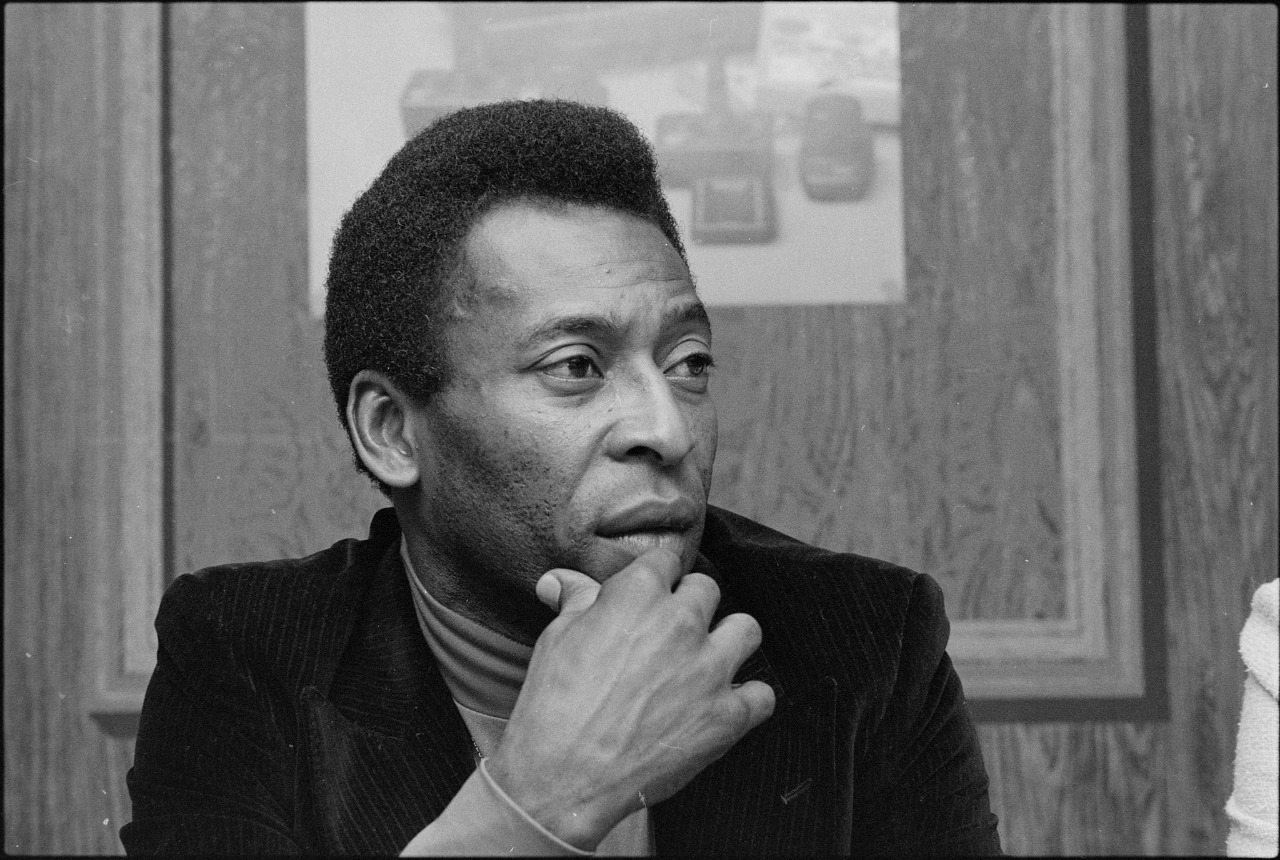
Football is not a word but a way of life. There is not only corruption among FIFA officials, but also among the corporate sponsors and petty officials in Football as well. In my own country, the United States Football Federation is stacked with its own white-boy network in which it implements Anglo-American, middle class football, which is for commerce and not art. For Football is about an idea, both in the sense of culture and as a strategy for what the game should be about. It is the obligation, indeed the responsibility of the people not to let organizations like FIFA or UEFA dominate the people's game. Neither should people in the Western world allow bourgeois or fascist regimes to dictate how the game should be conducted in terms of its significance as a great culturaland political event. The game of the people was born out of ordinary people's lives as a way of overcoming both personal and universal social and political oppression. Football for the masses relieves boredom and the drudgery of selling one's labor skills day after day. Football relieves the hardship and the various conflicts of human suffering that are with us on an almost daily basis. Football is not a word, Football is a way of life. To play or watch football is to participate in one the great and glorious events of life. This is not to say that football lacks the theater of tragedy, because that is precisely the deeper essence of football, for a defeat or a victory defines a nation-state’s attitude in providing a reason for living in the first place; this is not to exclude the significance of class struggle and the daily hardships that can in fact be a part of a professional footballer’s life. There are no set conditions, social, cultural or political, for football is always in flux among the people and mirrors their aspirations, defeats and victories, however great or miniscule they may be.
II. The Modern Corruption of Football Amid Globalizations
I will explore the consequences of the destruction of modern football through an analysis of journalistic works and scholarly observations, as well as my own personal observations of what I call “the courageous game” and not simply “the beautiful game”, as it takes personal and political courage to play football or be a manger of a football team in the modern world, where football has become a crass and corrupted commodity. As the journalist Miguel Delaney observed in 2020 about the current state of football in Western Europe and beyond:
As this investigation will reveal, football’s embrace of unregulated hyper-capitalism has created a growing financial disparity that is now destroying the inherent unpredictability of the sport. This is not just the big clubs often winning, as has been the case since time immemorial. It is that a small group of super-wealthy clubs are now so financially insulated that they are winning more games than ever before, by more goals than ever before, to break more records than ever before. They are stretching the game in a way that has caused the entire sport to transform and shift.
^That is a consequence of the explosion of money in the game, which means you need a minimum amount of annual revenue (€400m in 2020, going by Deloitte’s figures) to even begin competing. On the other side, when clubs like Liverpool or Manchester City maximise that revenue through admirable intelligence, the disparity then has an amplifying effect. The gap gets even greater on the pitch. This is why we are seeing so many historic records now being broken season after season.
What the journalist reveals about contemporary football in terms of economic realpolitik is that the “super wealthy clubs” are in control of the game of football through its linkage to corporate capitalists, including oligarchs that have penetrated the world of football with impunity and personal arrogance, as if to own a football team is to own metaphorically speaking the nation-state where the football team resides. Yet Manchester United and Liverpool no longer have the “admirable intelligence” that Mr. Delaney speaks of in his essay: they too have indulged themselves recklessly in spending millions of dollars for a quick transfer of a player they need for a season or two, with little regard for a tradition of community, where the professional footballer is committed to the club and to the people of the city which he represents in terms of the very shield and colors of the football team that he wears on his shirt.

There are two modern footballers that come to my mind regarding this completelyinsincere regard toward their teams and toward the cities of those teams: I refer to Cristiano Ronaldo and Lionel Andrés Messi. Both renowned footballers, Cristiano Ronaldo and Lionel Andrés Messi are nevertheless capitalistic predators in their quest for huge fortunes in the world of fútbol. This includes their narcissistic approach to the game, where their individualistic ‘talents’ aremore important than team play, which creates rancor and confusion among the other footballers who play alongside them. There will, of course, be a hostility towards my assessment, as there is the horde or primitive crowd who indulge themselves in the mythology of their football ‘heroes’ –which the great Hungarian manager Gusztáv Sebes would have disputed, as he famously remarked:“The bitter struggle between capitalism and communism is fought out not only between our societies, but also on the pitch.”
There is also a more specific observation about the decline and self-destruction of football, as seen by the English historian, James Walvin, who through his study of modern English football has articulated this view of contemporary football in modern Europe:
Where once the players and fans had travelled home together the bus and tram, they were now unapproachably divided, in lifestyle as well as transport. In more ways than one, the clubs began to uproot themselves from their local communities. In many cases those communities – in the heart of the larger Cities themselves transformed by urban decay, by migration, by industrial change andby the arrival of the new immigrant groups with no local or traditional loyalties.
But in describing the decay and alienation between the football club members and the footballers within broken English communities, he is also describing the general fracture of community relationships between fans and football clubs across Europe, whereas in the United States there is still a growing community of football clubs and the public that although not cohesive bind various parts of the country.
The professor of history then proceeds to give us a grim analysis of football in general in relationship to the economics of the game within the capitalist system not only in England, but in Europe, and I would say that his view is also applicable to the United States as well when he asserts:
The structure of the game was also changing. Bigger clubs became more powerful, retaining more of their income from gates, and they acquired an even greater control over the conduct of the game. They also generate income for the smaller clubs – in television fees, for example – which percolates down throughout the game, and in effect provides senior clubs with a powerful weapon. Furthermore, the threat that a small handful of ‘superclubs’ might withdraw completely from the current arrangements to create a super-league of their own has periodically been used to intimidate the minnows. Even the creation of thePremier League (and the consequence rigging of lower leagues) did not satisfy the bigger clubs.
The English professor was ahead of his time innoting the insatiable greed by businessesthat, along with US, Russian and Middle Eastern oligarchs, bought clubs for profit and investment and nothing else, because they wanted to make immense profits from the clubs and from individual footballers to be manipulated and sold as nothing but commercial and trading commodities. As the British newspaperThe Observerhighlighted in 2018:
The principal revelation about top clubs’ recent moves to form some kind of European super league, gleaned from the oceans of internal emails revealed by Der Spiegel, is how advanced the manoeuvres were in 2016. According to the emails, which the Observer has not seen or been able to verify, Bayern Munich in particular were seriously contemplating the commercial bonanza of an elite league and examining the sporting and legal complexities of forming it.
^This dispiriting process, the gathering together of already rich and dominating clubs to demand yet more money and share less of it, is a permanent tectonic feature of European football’s landscape. It has been constant for the past 20 years, since an advanced, serious threat by the then G14 clique to break away from Uefa produced the lucrative expansion of the Champions League from 16 to 32 clubs.
The journalist’s phrase “This dispiriting process” does not do justice to the fact that football in Europe is no longer ‘the beautiful game’ but the corporate game bought and sold to the highest bidder. The people are no longer considered the pillar of football, but simply as endless pawns to exploit in the process of making the game for them nothing but banal entertainment. The art of football is no longer the main nucleus of modern football in the so-called civilized Wester World, but instead is a game manufactured for profit and surplus value.
Political and economic corruption has basically destroyed the credibility of the FédérationInternationale de Football Association (FIFA) to govern football’s global events across the continents of the world. The federation created in 1904 is now a shabby shell of its once rigorous self in safeguarding and promoting culture and social fairness among the competitive nations who were persuaded that FIFA could guide them into an ethical way of playing football. The author David Goldblatt, who has written many tomes on the history of football, both past and present, has given us this summary of how FIFA fits into the overall scheme of corruption as a corporate institution whose business today is not so much the enrichment of the culture of football, as the enablement of its body of executives to enrich themselves with millions of dollars as FIFA behaveslike a corporate predator:
The global epidemic of elite corruption and embezzlement, of which FIFA’S sins are just a small, local outbreak, has a complex aetiology, but three factors seem particularly important: the capacity to find, create and use the offshore legal and financial loopholes of the global economic system; the ways in which massive inequalities of wealth and power are used to undermine the rule law in general and judicial, policing and regulatory institutions in particular; and the failure of most of the media, both sports and other, to pursue these transgressions.
What Mr. Goldblatt is referring to is the corruption in the Football world, whether in respect of managers’ and football players’ salaries, the building of stadiums, the buying and selling of footballers through illicit means, or the various mafias throughout the world, including political dictators, who are able to manipulate the various venues of football matches, including where the World Cup should be played every four years. FIFA’s political and managerial corrupting powers are part of the overall globalization of economics, and the game of football with all its spectacle is ground down into the cesspool of that world. One dark example of the overall corruption of FIFA has to do with the awarding of the World Cup to Qatar.
Because of Qatar's searing hot climate which makes its suitability as a world cup host country suspect,questions about thefairness of the Fédération Internationale de Football Association (FIFA)’s bidding process for the venue erupted among various world capitals. Severecriticism from a number of media outlets, including sporting experts and analysts and human rights groups, was brought to bear on Qatar's football legitimacy, especially since it has a limited football history. There have been numerous allegations of bribery amongthe Qatar executive, bid committee and several high-level FIFA members and executives. Several FIFA members have since gone on record saying that the decision to award the tournament to Qatar was a "mistake", including Theo Zwanzigerand ex-president Sepp Blatter.its sponsors and the construction companies involved are set to make massive financial gains from the tournament’ There is also the sheer exploitation of foreign workers in the creation of the various football stadiums, which has resulted in countless deaths of laborers amid poor working conditions and, at times, housing unfit for habitation. As Amnesty International conceded: “Migrants from Bangladesh, India and Nepal working on the refurbishment of the showcase Khalifa Stadium and landscaping the surrounding gardens and sporting facilities known as the ’Aspire Zone’ are being exploited. Some are being subjected to forced labour. They can’t change jobs, they can’t leave the country and they often wait months to get paid. Meanwhile, FIFA (football’s global governing body), .
Now, the question is, how has capitalism affected the game of football in regard to the sport, as well as football players in terms of their creative identity? The sportswriter Adam Duke wrote this noteworthy view of the actual world of contemporary football in his essay “How Premiership Football Fulfils Karl Marx’s Prophecies”, in which he stated the following:
^Marx argued that while capitalism represented a triumph of logic over the fundamental nature of feudalism, it would start to have negative effects on society as a whole if left unchecked. Capitalism, with no exception swaps abstract ideals for cold hard results. The almighty dollar has “resolved personal worth into exchange value” and what a person does for a living is valued by its “paid wage” before anything else. Reducing everything to its monetary value effectively means that everything is up for sale. While this no doubt helps a business flourish, it creates a number of adverse effects on society as a whole. It encourages a gap between haves and the have- nots, it places an emphasis on short-term goals which can often lead to waste, and it invites instability.
And it this inevitable logic of production and the equation of profit, along with the mitigation of endless greed that the author sees as leading to disaster and decline in the art of football: On a more individual level, this has a subtly dehumanising effect because the status of an individual becomes intrinsically linked to his or her spending power. It also creates a situation where an individual effectively becomes alienated from what they produce – something that Marx described as a “brutal exploitation”. The Premiership is often described as being a pantomime or a circus, and indeed much of Marx’s thoughts can be seen there only amplified.
Modern footballers, men or women,are no longer the creative human beings on the pitch, but are now simply products, circus performers until their ‘talent’ runs out, and then they are either traded or left by the wayside in dehumanized societies.
FOOTBALL IS THE EXPRESSION OF THE PEOPLE AS A CREATIVE SPECTACLE
As someone who was a simple high school football coach, that is a “soccer coach” as it is known in America, I was able to not only live the game through instructing high school students, both girls and boys, about the elements of football, which I saw technically first as a science in sport and secondly as an art in the overall concept of the playful game of football itself. I studied hard to learn about the various famous managers of world class football teams, to guide me in my work— their written instructions on how to coach football, I either read in their books, autobiographies and interviews, or reading their essays about football online. There were three managers whose lives and teachings stuck with me, though for different reasons. The managers that have inspired me are the Irish coach Patrick O’Connell, who coached Real Betis and FC Barcelona in the Spanish League. What I learned from O’Connell was to develop the best from even the most mediocre talented of players and use the stratagem of hard drills to form a coherent, militant team. This coach was controversial, because of his abandonment of his family in England, but despite this personal defect he also saved FC Barcelona from disbanding because of lack of funds to continue on as a team in La Liga. O’Connell would take the team during the Spanish Civil War on a tour of the United States, Mexico and South America to raise funds to keep the great Spanish team from dissolvement. Secondly,Gusztáv Sebes, the immortal coach who led theHungarian national team in the 1950s and held the title of Deputy Minister of Sport, coached the “Mighty Magyars” in what he referred to as socialist football, an early version of Total Football. It was also his audaciousness to use the 4-2-4 formation, which I also studied from watching Brazilian football matches.And thirdly, Cesar Luis Menotti, the impeccable, Marxist intellectual of football, perhaps had the greatest influence on me in terms of my personal lifestyle and my intellectual as well as my passion for football as a way of life. He was not an ultra-professional coach like the ones of the past era. I speak of Ferguson, Mourinho and Pep Guardiola, who are examples of the prototype of football managers who hide their narcissistic behavior to become greater than the football team they had the honor of coaching. It was Menotti’s personal and professional audaciousness to create an attacking football utilizing footballers our of the outer provinces of Bueno Aires that paved the way for victory for the National Argentine Football Team at the World Cup in 1978. I can say with the utmost candor and honesty that although I was not an illustrious manager in any sense of the word, it was these three managers that consciously and unconsciously guided me through my years as a high school football coach, and especially later, when in my sixties, I created my own team FC VERMONT-CHAMPLAIN in Burlington, Vermont in 2010 during the year of the FIFA World Cup in South Africa.

I remember one critical quote by Menotti that has stayed with me, and which to some extent made me write this essay, and that was he expressed this sentiment about modern football and its tragic demise, when he said: “Football was robbed from people, it doesn't belong to them anymore. Because of that, the Argentinian NT just have supporters. Those who know about football don’t go to the stadium anymore, it doesn't have a public, just spectators. What's the place of football in a state? If it's business, let it be welcome; if it is a business that swallows the times, bad. And we ended up this way. Football is passional educative, a place of expression and the state should watch as long as they are non lucrative entities”.
In America football, that is soccer, is a class privileged sport. Soccer is also a capitalist institution in the United States. The professional soccer leagues, for instance Major League Soccer (MLS) and the National Women's Soccer League (NWSL), have low proportions of national minorities, and regarding the class background of these two soccer organizations, one can say that for the American born footballers, the majority of them are white American and come from the middle class and the higher privileged classes. Professional soccer in the United States is not a game for all of the American people, but for the dominant culture, that is the Anglo-American, or what is called the white culture in America. You rarely find American working-class youth in either professional leagues, men or women, unless they are foreign players. As one online soccer commentator admitted about collegiate footballers and their climb to the MLS:
^While MLS players from college come from a multitude of schools and different conferences, former University of Maryland players led the league with 15. Not far behind them was UCLA with 14, Indiana University with 13, and the University of Akron with 12. In the last few decades, these are notable schools with exceptional soccer programs, so it is not shocking they have the highest college soccer alumni in MLS.
And as the commentator mentions the various prestigious colleges by name, she gives a credence that it is always not so much the name of the school as it the talent in being a collegiate footballer:
Other notable soccer programs, like Wake Forrest University, had nine for the 2020 season, and UNC had eight. On a more surprising note, the likes of Georgetown University had just six, and the University of Notre Dame just had five. This illustrates even the best programs may struggle to produce MLS caliber players, which illuminates the need for change with college soccer development. It could also reveal that players feel they do not have to attend one of the best schools, but rather they can go elsewhere and succeed. In other words, if a player has talent, and they put in the work, then they can find their way to MLS.
It should be noted that the majority of these commentors on this online soccer news site are white Americans, and thus their allegiance to American soccer may be based more often than not on white and class privileges. In their analysis, there is no mention of national minorities who play football either in collegiate leagues or as working-class youth in the parks of the United States.
Foreign players in the men’s professional soccer league, the MLS,constitute one of the most glaring of the statistics, showing that the game of the people does not actually belong to the American people, but is a game dominated by other cultures aboard. As was admitted in 2019 by an online sports site called “The Athletic”:
For what’s believed to be the first time in the history of Major League Soccer, players born outside of the U.S. and Canada now outnumber their domestic counterparts. A little more than 50 percent of players currently signed to MLS contracts—341 of 676, to be exact—were born abroad. That’s up from 49.4 percent in 2018 and an increase of more than 12 percentage points from 2014, when just 38.3 percent of MLS players were born outside of the U.S. and Canada.
The increased international presence is primarily felt on the field, but it’s also changing the dynamic in the MLS Players Association, as the group increases its efforts to engage with foreign-born players before it fully dives into collective bargaining negotiations with the league in the coming months.
We can see alone by these vital statistics that American football has been stolen from the American people to be used as a bread and circus for profit and the exploitation of foreign players as well.
There is an important statistic as reported by a career online organization that is scientific in its analysis of the inequality I speak of in this essay regarding the United States in terms of national minorities and gender equality:
^The most common ethnicity among professional soccer players is White, which makes up 78.0% of all professional soccer players. Comparatively, there are 7.2% of the Hispanic or Latino ethnicity and 6.8% of the Black or African American ethnicity.
And then, the gender inequality is obvious: Among professional soccer players, 21.4% of them are women compared to 78.6% which are men.
In the United States, what cannot be hidden is that in fact, the “beautiful game” is for the privileged few actually, even as the naïve masses of Americans throng to the soccer stadiums thinking that the game belongs to them.
There is the myth in America that the women’s national soccer team is progressive and represents the best of the American people in the sport, which is not the case at all. In reality, the American women who play professional football as well as represent the United States in the Women’s World Cup and the Olympic Games come from privileged classes, and the majority of these white women are former college players as well. They see themselves as beyond the realm of any kind of criticism and veil their class and white exceptionalism with their so-called progressive ideals, whether it be their sexual orientation or how they are at the forefront of the unionization for American soccer players, including the code of “fair play”. As one noted football commentator does not shy away from in destroying that myth:
Is there a diversity problem in women’s soccer? As other sports have made strides to include players of all ethnicities, most youth, college and professional women’s soccer teams in the USA are still mainly comprised of white players.
The soccer news writer goes on give a brief but searing description of the discrimination in American women’s soccer programs at large:
It’s hard to diagnose exactly why non-white women are not embracing the sport, but we do have anecdotal evidence that might lead to the exact cause — yet it shows that the rabbit hole goes deep. For example, a young African American player
(age nine) was told by a referee that she couldn’t play a game in the American Youth Soccer Organization (AYSO) because of the beads in her hair. She was ordered to either take them out or not play.
While the intent might not have been meant to be racial, the fact that this girl’s hair was different says much about both her culture and her identity. As the girl’s mother said, this type of embarrassing situation could prevent her from wanting to play soccer.
This may be a single incident, but there is more evidence that many young African Americans feel like they’re on the outside when it comes to playing soccer.
One could go on indefinitely about the social, cultural and racial equalities in American soccer, but the question is when, if and how the American working class and its allies among the national minorities are willing to fight to take back the game of the people.
My feelings, my emotions and political aspirations for my greatest passion, which is football, will never leave me. I remember that in my thirties and fortiesI was still smoking French cigarettes while playing in amateur soccer teams in Seattle, and it was in Vermont that I continued to play pick-up games with the most individualistic Latin American footballers that I had even seen, and whom I would not want to ever play with again. They immersed themselves in the individualistic play of American soccer, and their play on the pitches in Vermont bored me. I saw more finesse on the grass lawns and fields in Paris by the football working class Parisians. Now, in old age, I still yearn for the smell of the green grass on a football pitch, dribbling the soccer ball ever so gently, and thinking I could hear music by Mozart in the air, as I went down the field in utter, playful and mindless oblivion.
